INTEGRITY, FRIENDSHIP, RESPECT, SERVICE
Welcome To Grand Lodge of Jerusalem

The Core Values of Our Fraternity
Integrity
Integrity is the cornerstone of our fraternity, reflecting our commitment to honesty, ethical behavior, and accountability. We believe that upholding high moral standards is essential for building trust within our community and in our interactions with the world.
Friendship
Friendship unites us, creating a bond of mutual support, loyalty, and understanding among our members. Through friendship, we cultivate a welcoming and inclusive environment where everyone can grow and thrive together.
Respect
Respect is fundamental to our principles. We honor each member’s unique path, embrace diversity, and value the wisdom passed down through our traditions. Respect guides our actions and fosters harmony within the fraternity.
Service
Service is our dedication to making a positive impact. We strive to contribute to the well-being of both our fraternity and the broader community, embodying the spirit of selflessness and generosity that defines our mission.
The Constitutions of the Free-Masons (1723)
Published in London in 1723, this foundational text compiles the history, regulations, and principles of the most ancient and honorable fraternity of Freemasons. Written for the use of lodges, it is regarded as the founding document of modern Freemasonry, outlining rules, offices, and codes of conduct for members. Printed by William Hunter, this book is a significant historical record of the Masonic organization and its influence on society.Published in London in 1723, this foundational text compiles the history, regulations, and principles of the most ancient and honorable fraternity of Freemasons. Written for the use of lodges, it is regarded as the founding document of modern Freemasonry, outlining rules, offices, and codes of conduct for members. Printed by William Hunter, this book is a significant historical record of the Masonic organization and its influence on society.
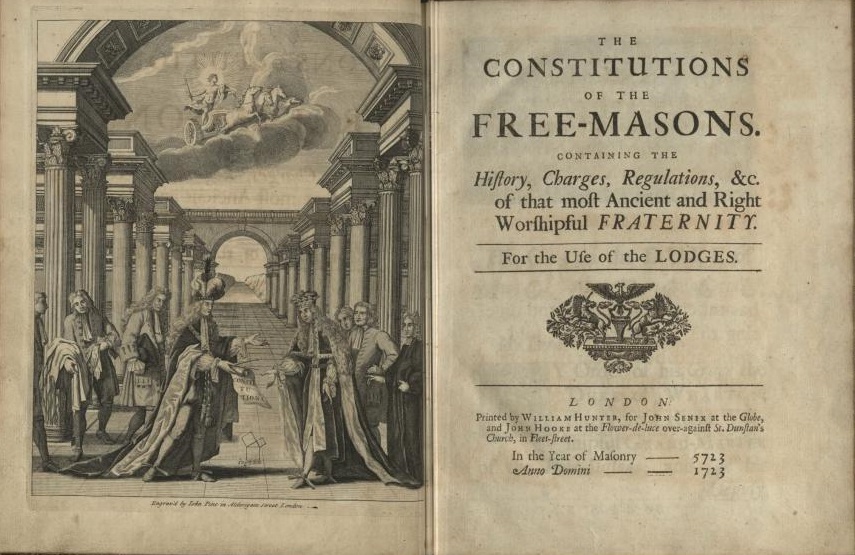
“
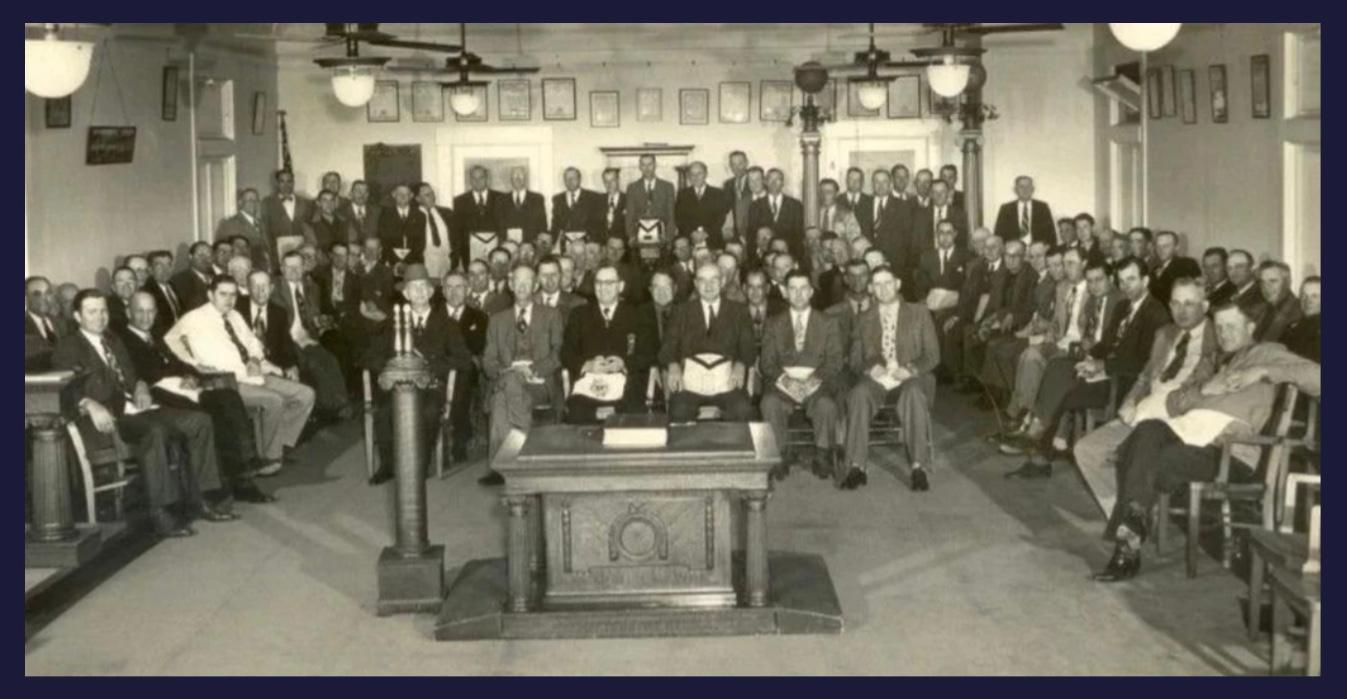
History
Founded on February 20, 1966, in Malta by English Grand Master Lord James Hamilton, our journey began with a commitment to fostering unity and growth among lodges worldwide.
In 1968, the SanGiorgio Lodge joined forces with the Jerusalem Lodge in Malta, marking the beginning of a new era. From that point, the Jerusalem Lodge flourished, expanding to 1,860 members from around the world by 1972, uniting brothers across borders.
Under the visionary leadership of Grand Master Louis Gale, our connections broadened to lodges in places as far-reaching as Washington. This marked the foundation of a vast and enduring brotherhood.
The Maltese leader Adrian Busietta, known for establishing Baron’s Castle, became Grand Master, guiding the Jerusalem Lodge’s legacy of expansion. His leadership led to new lodges, including one in Málaga, Spain. There, Giulio Rosi, along with dedicated associates, nurtured the lodge’s growth, achieving remarkable success.
From 1991 to 2000, the Jerusalem Lodge saw the dedicated guidance of three Grand Masters: Nicola Benvenuto, Englishman John James, and Maltese leader Antony Bartolo. Each played a vital role in our development and strength.
The early 2000s saw a new phase with Grand Master Joseph Zammit, who established additional lodges, including the Goldenroof Lodge 39 in Innsbruck and the Lodge of Gabriel 48 near Rome. Following Zammit’s term, Louis Camilleri took on the role of Grand Master, revered for his wisdom and global perspective, and continued the path of growth and connection.
Today, under the esteemed leadership of Grand Master Daniel Bradley, we honor and build upon this legacy of fellowship, vision, and progress, continuing to expand and strengthen our brotherhood across borders and generations.
What We Believe
In this section, we present our Masonic logos, symbols that represent the core values and principles of our organization. Each logo embodies a unique aspect of our philosophy and our commitment to the community and personal growth.
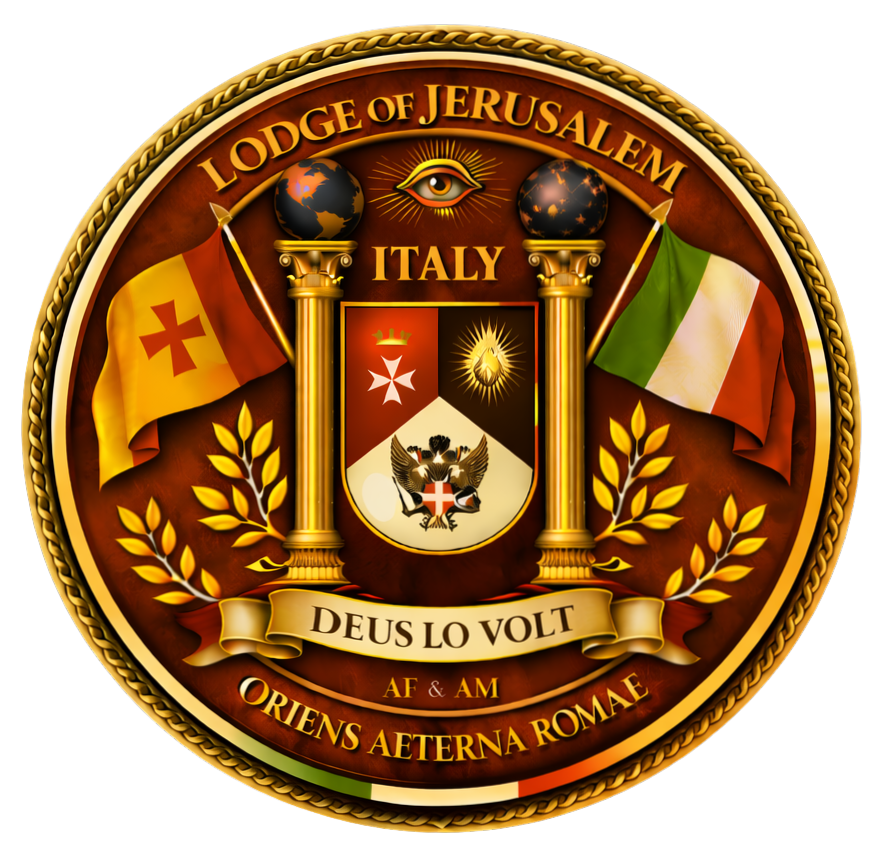
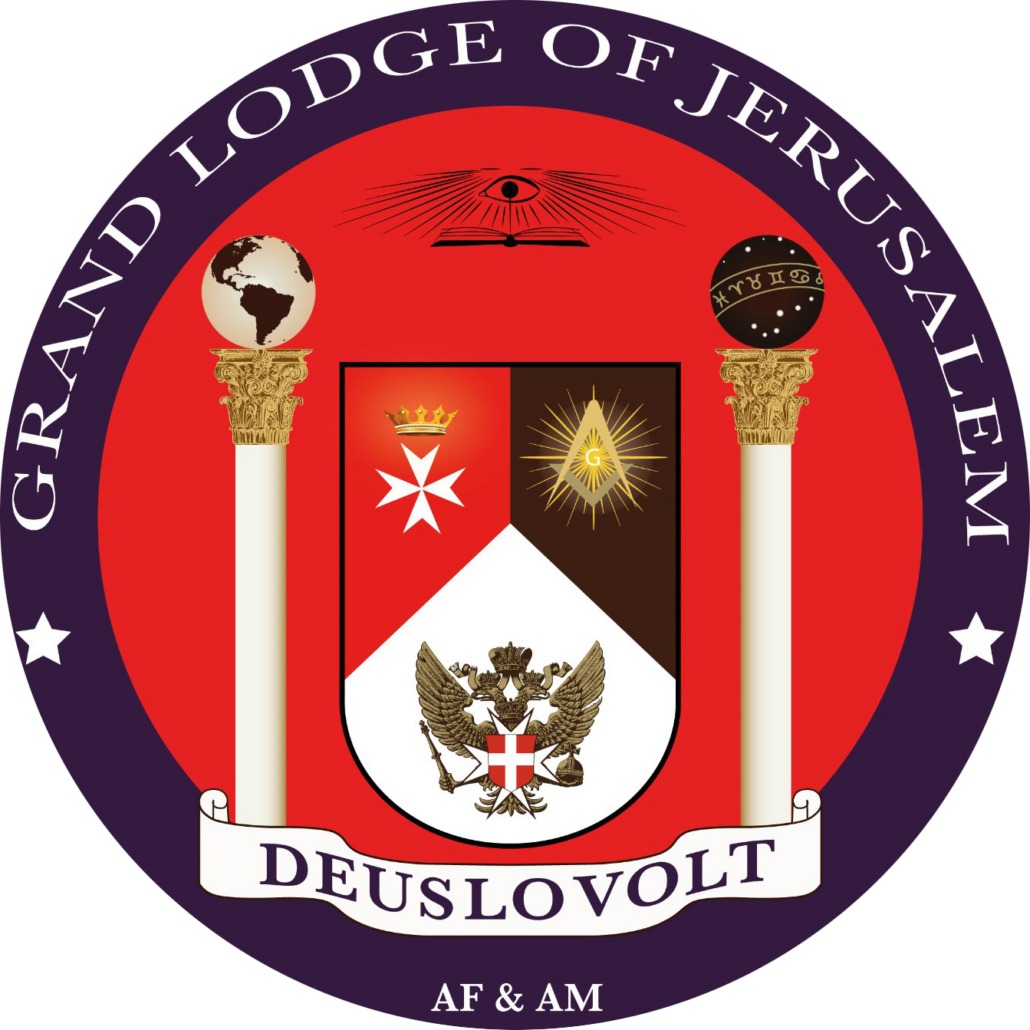
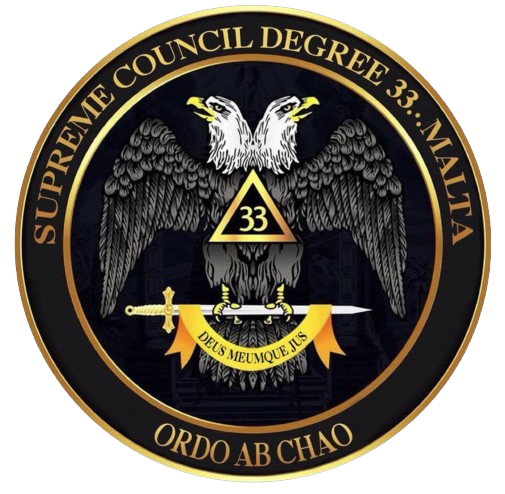

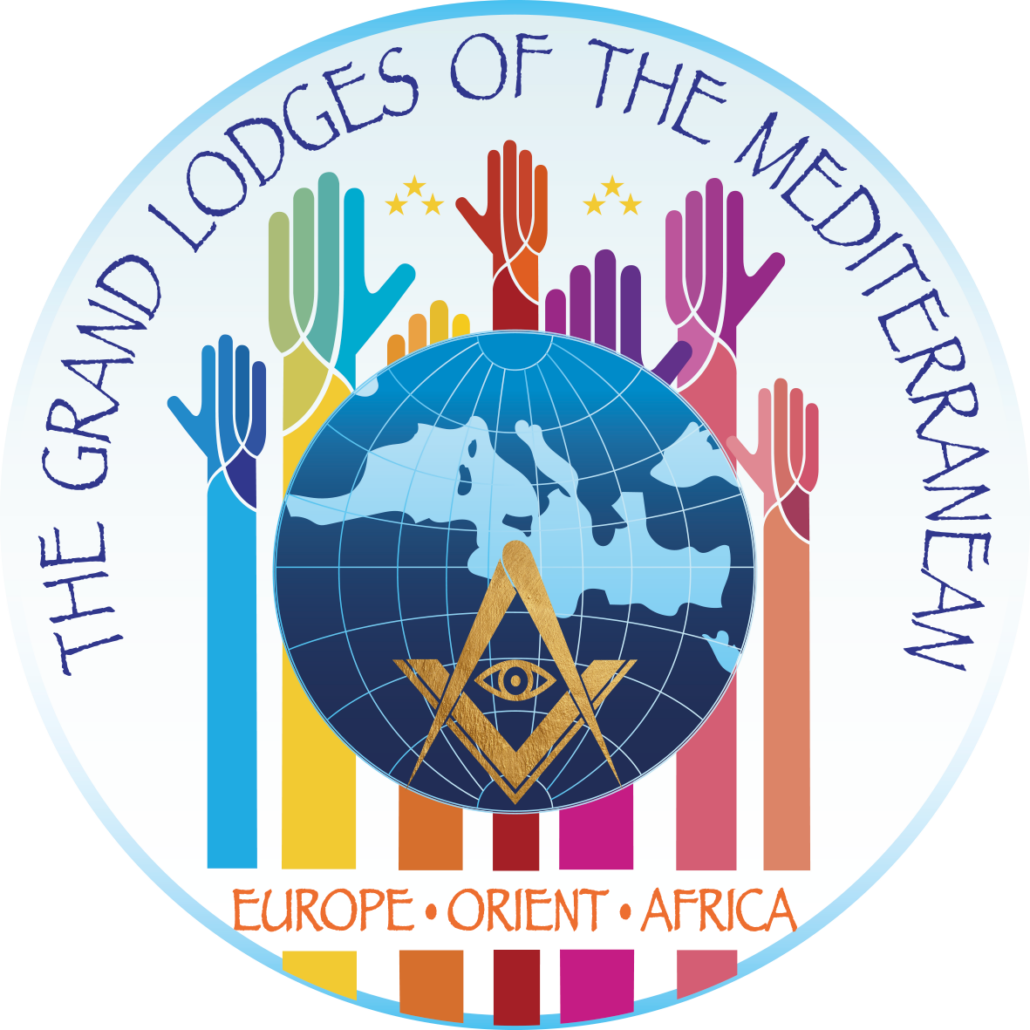
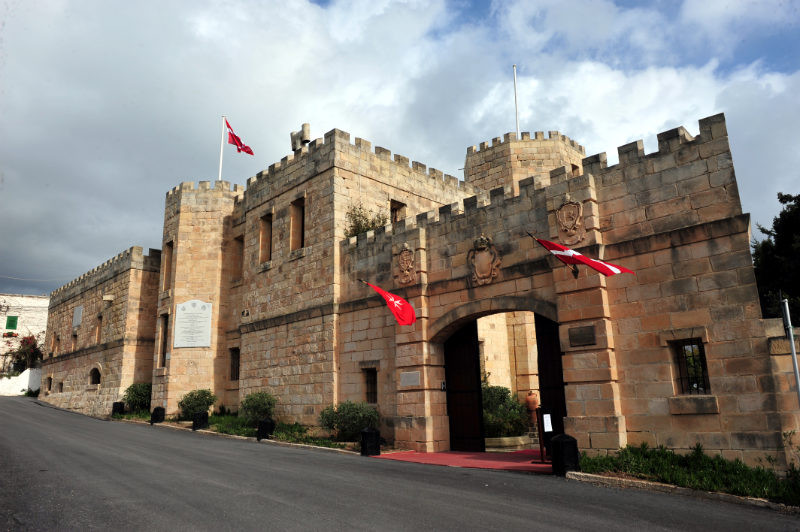
THE LODGE
CASTELLO DEI BARONI
The Castello Dei Baroni, currently located in Wardija, Malta, is a 20th-century residence with roots dating back to the 18th century, when, under the magistracy of Grand Master Emmanuel de Rohan-Polduc, a rural building was constructed on the site. In the 20th century, the Montalto family incorporated the original structure into the present-day castle.
